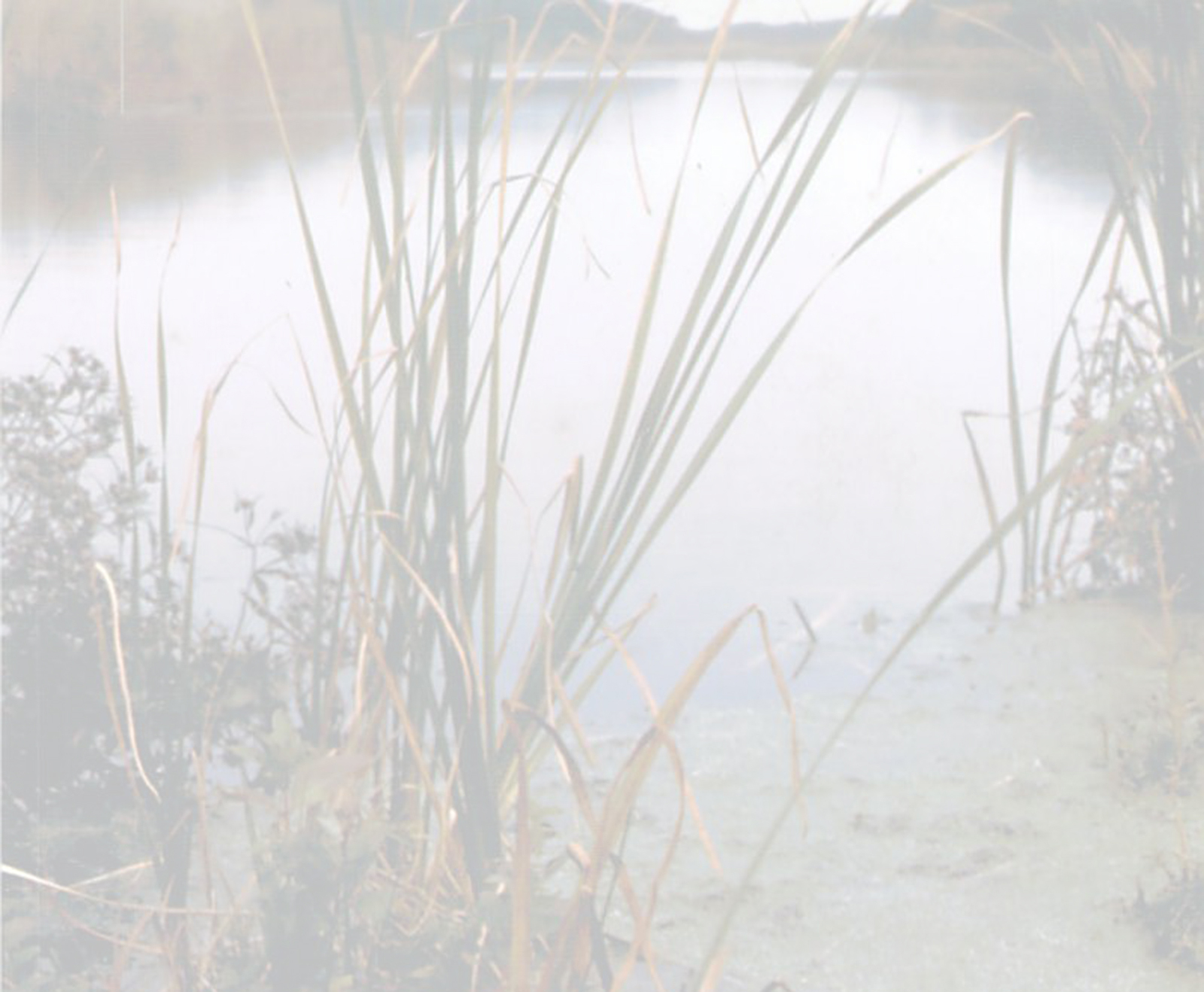Remembering The Holocaust
I have a confession to make: When it comes to remembering the Holocaust, I try not to; in fact, I will go to great lengths to avoid it.
When I was about nine years old, I read Anne Frank; The Diary of a Young Girl. I knew before I began that she died in a Nazi concentration camp, yet I was unprepared for the terrible grief and fear I felt when I finished. Anne was not unlike me. She squabbled with her sister and daydreamed about boys. The fact that she lived hidden away, a secret life intended to protect her but that did not save her made her all the more intriguing. This was my first encounter with the Holocaust.
I sought reassurance from my dad. “Why,” I asked him, “did this happen?” We lived in a Jewish neighborhood and many of my friends were Jews. What in the world did Hitler have against them?
My dad explained Hitler’s preoccupation with the creation of an Aryan nation, a world filled with blond-haired blue-eyed people.
“So,” I asked, “since I have blonde hair and green eyes, would I have been safe? Did he kill only Jews?”
My dad was a wise and truthful man. It was then the mid-1960’s, during the Civil Rights era. He knew the truth was the only light that would expose evil men and evil times. Children needed to be armed with knowledge of the past to be able to see clearly when another regime of powerful men tried to oppress the innocent, and thus, to be prepared to stand up for justice.
He told me it was not just Jews who were killed, but also the mentally retarded, homosexuals, and in some cases, priests.
My dad was a priest. I knew in that moment the bad news: when evil men were in power, no one was safe. A deeper question rumbled around in my head, but it was one I could not put words to, for fear of my father’s answer.
Why did God let this happen?
On a steaming day a couple of years ago I stood in the street talking with my neighbor, Sandra Brett. I was telling her about the month I’d just spent in Prague studying literature. “Oh,” she said. “Did you get a chance to tour Terezin?”
Terezin was a hoax the Nazis created to sell the world on their creation of “healthy” Jewish settlements. They filmed the residents at work and play, and then exterminated them.
“No way,” I said. “I can’t handle anything so dark and depressing.”
It was then that Sandra told me her parents had both been in concentration camps. Her father had made a daring escape from a Lithuanian work camp. Her mother had survived Auschwitz and Mauthausen, the worst of the worst of the concentration camps.
So, when Sandra asked me to help judge the 2012 Holocaust Creative Arts & Writing Competition I accepted immediately. I remembered the shame of being close enough to Terezin to bear witness, yet unable to face the history of human suffering still emanating from the place. I remembered my father’s words, that the lessons of the past must be remembered for future generations. I felt honored to be asked to serve in such an important role.
I thought of a poem I’d read recently by Polish poet Czelaw Milosz, written in Warsaw in 1944.
“They are dragging a guy by his stupid legs,
The calves in silk socks,
The head trailing behind.
And a stain in the sand a month of rain won’t wash away.
Children with toy automatic pistols
Take a look, resume their play.”
The theme of this year’s competition was I Will Not Be a Bystander. All 6th to 12th grade students in the Charleston area were invited to submit entries. The results were staggering. Entries poured in from the public schools, private schools and home schools—truly a broad cross-section of Charleston’s teens responded.
Their entries showed that they got it, our kids looked upon the Holocaust, internalized it, and with beauty, grace and skill, they spoke to it. Their work reflected events both locally and globally that could be stopped if people refused to be bystanders. In addition to events of the Holocaust they wrote about Sudan, the deportation of illegal immigrants, homelessness, bullying, blood diamonds, child abuse and the Japanese internment camps.
Their work had a haunting refrain, a question that troubled them, as it troubled me. Why, God, why? They quoted the bible, from both the Old Testament and the New. One artist titled her work “Lambs to the Slaughter,” in reference to the Book of Isaiah about the coming Messiah. She depicted a weeping lamb in the center of the Star of David.
We may not learn why, not on this side of eternity, but I know two things: from the Book of Job, “[God] in his justice and great righteousness does not oppress,” and thanks to Sandra Brett, Charleston Remembers.
